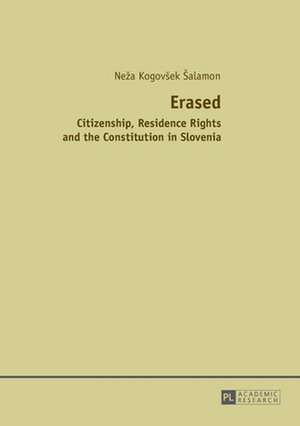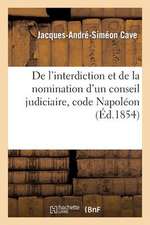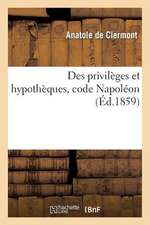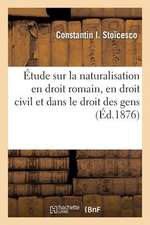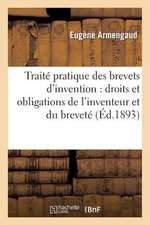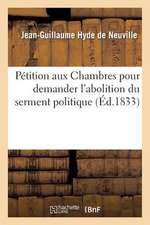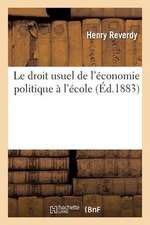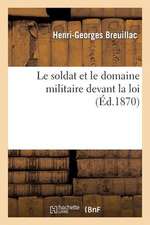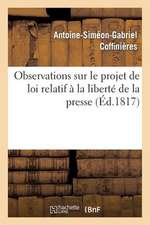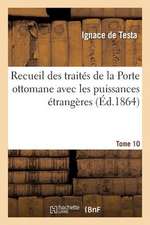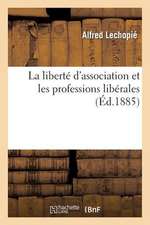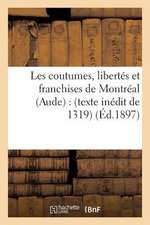Erased
Autor Neza Kogovsek Salamonen Limba Engleză Paperback – 3 iul 2016
Preț: 626.24 lei
Preț vechi: 813.30 lei
-23% Nou
Puncte Express: 939
Preț estimativ în valută:
119.83€ • 125.45$ • 99.15£
119.83€ • 125.45$ • 99.15£
Carte tipărită la comandă
Livrare economică 07-21 aprilie
Preluare comenzi: 021 569.72.76
Specificații
ISBN-13: 9783631671689
ISBN-10: 3631671687
Pagini: 371
Dimensiuni: 149 x 211 x 22 mm
Greutate: 0.45 kg
Editura: Peter Lang Copyright AG
ISBN-10: 3631671687
Pagini: 371
Dimensiuni: 149 x 211 x 22 mm
Greutate: 0.45 kg
Editura: Peter Lang Copyright AG
Notă biografică
Neza KogovSek salamon holds an LLM in international human rights law from the University of Notre Dame (USA) and a PhD from the Law School of the University of Ljubljana (Slovenia). Her research fields include administrative and constitutional law, fundamental rights, citizenship, migration, asylum and non-discrimination.
Cuprins
Contents: Citizenship and residence legislation of the former Yugoslavia and Slovenia after the secession - Execution of the erasure - Elements of totalitarianism as root causes - Constitutional aspects - Rule of Law - The role of ECHR and the implementation of its ruling - Comparative law aspects.
Descriere
The book addresses constitutional and human rights implications of the "erasure". With this act the Slovenian state unlawfully deprived thousands of individuals of their residence rights. This book examines the root causes of this violation and compares the erasure with other citizenship politics in selected transitional European countries.
